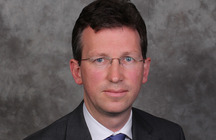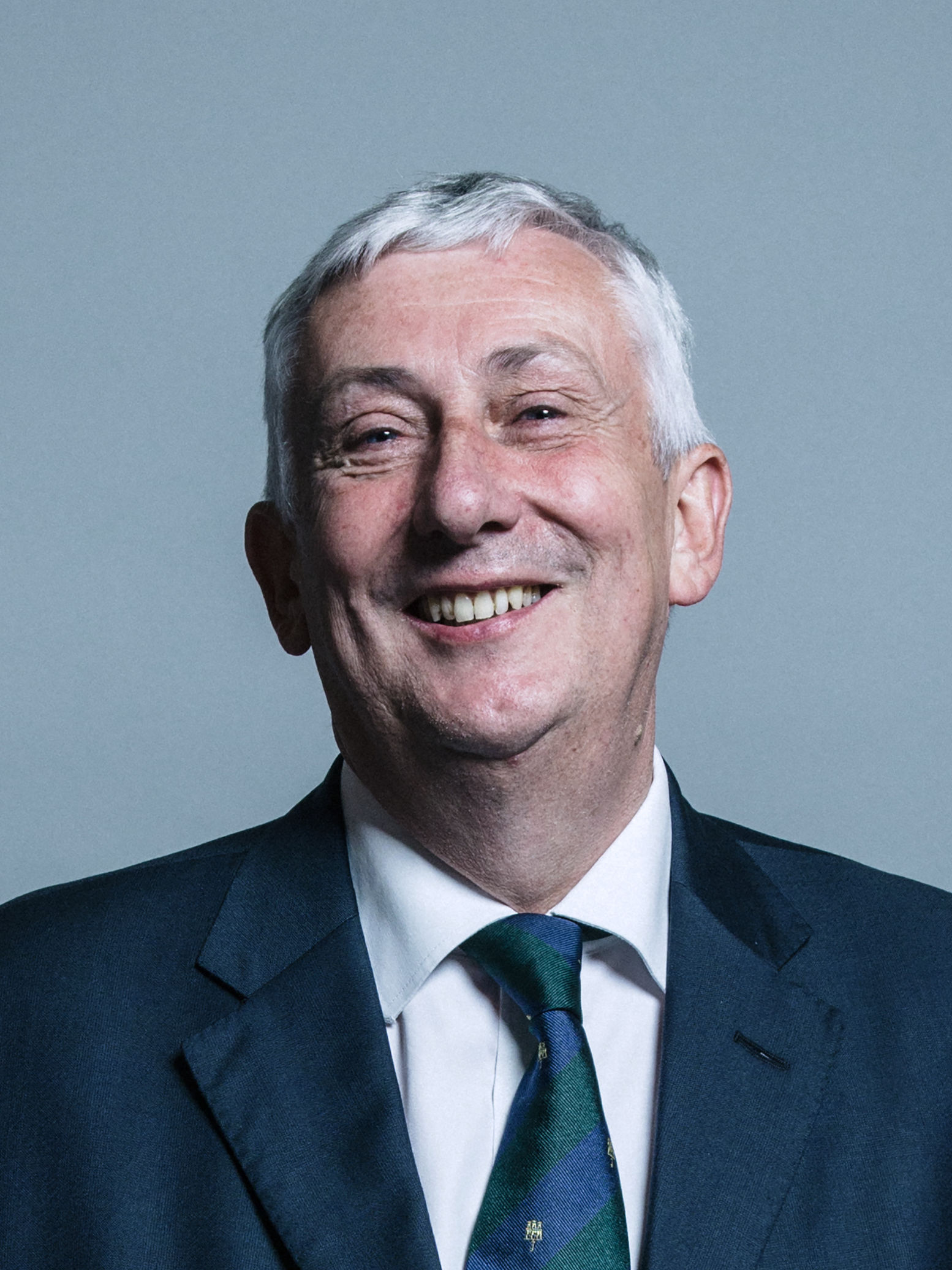Jeremy Wright – 2016 Statement on the European Convention on Human Rights
Below is the text of the speech made by Jeremy Wright, the Attorney General, in the House of Commons on 26 April 2016.
I am answering this urgent question today on behalf of the Home Secretary, but my right hon. Friend will be making a statement to this House on the Hillsborough inquest findings tomorrow. Mr Speaker, I hope that it is in order for me to make a brief comment on that subject before I turn to the right hon. Gentleman’s question.
As the House knows, the inquest jury has now returned its verdict. I am sure that the whole House will wish to join me in thanking the jurors for the considerable public service that they have performed. As a result, this morning I have written to Members advising that care be exercised when making public statements, to ensure that nothing is said that suggests that any individual or organisation has been found to be criminally liable. Ultimately, a jury in a criminal trial may need to decide that issue, and it is important that nothing is said that may prejudice the right to a fair trial, or make it more difficult to pursue appropriate prosecutions.
On the subject of this urgent question, the United Kingdom is a founder member of the European convention on human rights, and lawyers from the United Kingdom were instrumental in the drafting of the European convention. We are signatories to the convention and we have been clear throughout that we have no objections to the text of the convention; it is indeed a fine document and the Government are firmly of the view that the rights that it enshrines are rights that British citizens and others should continue to hold as part of a reformed human rights framework.
However, this Government were elected with a mandate to reform and modernise the UK human rights framework: the 2015 Conservative party manifesto said that a Conservative Government would scrap the Human Rights Act and introduce a British Bill of Rights. As with all elements of our manifesto, we intend to meet that commitment in the course of this Parliament. Members will be aware that we have set out our intention to consult on the future of the UK’s human rights framework both in this country and abroad, and that consultation will be published in due course. We will fully consult on our proposals before introducing legislation; in doing so, we will welcome constructive contributions from all parts of the House.
The intention of reform is to protect human rights, to prevent the abuse of human rights law and to restore some common sense to the system. The Prime Minister has been clear throughout that we
“rule out absolutely nothing in getting that done”.
Our preference, though, is to seek to achieve reforms while remaining members of the European convention. Our reforms will focus on the expansionist approach to human rights by the Strasbourg court and under the Human Rights Act, but although we want to remain part of the ECHR, we will not stay in at any cost. We have been clear that if we cannot achieve a satisfactory settlement within the ECHR, we may have no option but to consider withdrawal.
However, the question before the people of the United Kingdom in June—again, thanks to this Government—is not about our future membership of the European convention on human rights, but about our future membership of the European Union. It is important that, in taking that significant decision, people do not conflate those separate questions.
Let me make one thing absolutely clear: the United Kingdom has a proud tradition of respect for human rights that long pre-dates the Human Rights Act—and, indeed, the European convention on human rights. Any reforms that we make will maintain that protection. Those are not just words. This Government and the coalition Government who preceded them have a strong record on human rights, both here and abroad.
We brought forward the Modern Slavery Act 2015 to protect some of the most vulnerable and exploited people in our society and to punish those responsible for that exploitation. We have fought to promote and protect human rights internationally. We are one of the leading members of the UN Human Rights Council, leading negotiations to set up international investigations into human rights abuses in Syria and elsewhere. We have transformed the fight against sexual violence in conflict, persuading more than150 states to agree for the first time that sexual violence should be recognised as a grave breach of the Geneva convention. We have been leading the world on the business and human rights agenda: we are one of the first states to argue for the UN’s “Guiding Principles on Business and Human Rights”, and the first state in the world to implement them through a national action plan.
That is a track record of which we can justifiably be proud, and it is that track record on which we will build when we set out proposals for the reform of the human rights framework in the United Kingdom.


